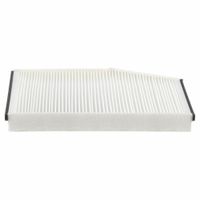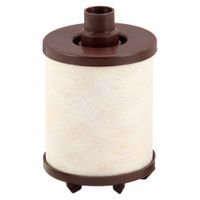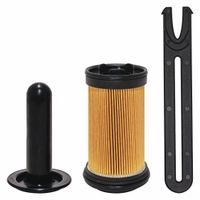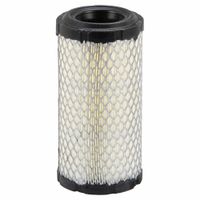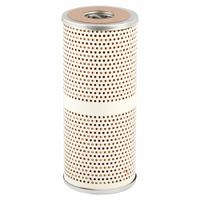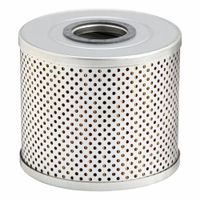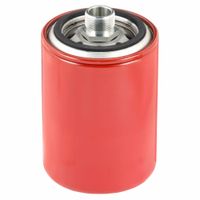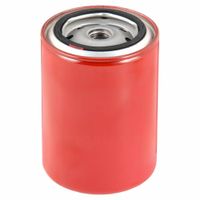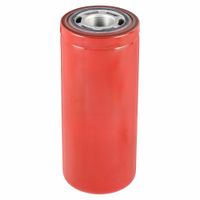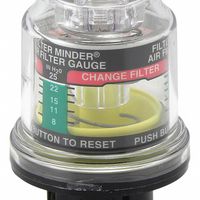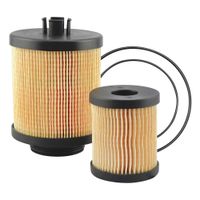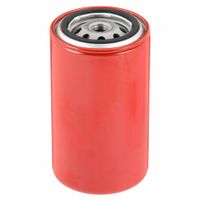A clogged fuel filter can significantly impair vehicle performance in several ways. The primary function of the fuel filter is to prevent dirt, rust, and other contaminants from reaching the engine's fuel injectors and combustion chambers. When this filter becomes clogged, it restricts the flow of fuel to the engine.
One of the most common effects is reduced engine power and acceleration. With insufficient fuel supply, the engine struggles to generate the necessary power, leading to sluggish acceleration and a noticeable drop in overall performance, especially during demanding situations like climbing hills or passing other vehicles.
Another symptom is engine misfires or rough idling. An inconsistent fuel supply can cause the air-fuel mixture to be unbalanced, leading to incomplete combustion. This manifests as the engine sputtering, hesitating, or running unevenly at idle. In severe cases, the engine might even stall, particularly at low speeds or when coming to a stop.
Fuel efficiency can also suffer. While it might seem counterintuitive, a clogged filter forces the fuel pump to work harder to push fuel through the restricted filter. This increased strain on the fuel pump can lead to premature wear and tear, and in some vehicles, it might even lead to the engine running a richer-than-optimal fuel mixture to compensate for the perceived lack of fuel, thereby consuming more fuel than necessary.
Starting difficulties can also arise. If the fuel flow is severely restricted, there might not be enough fuel pressure to allow the engine to start quickly or consistently, especially in cold weather.
In the long term, a continuously clogged fuel filter can put excessive strain on the fuel pump, potentially leading to its premature failure, which can be a costly repair. It can also lead to contaminants bypassing the filter and damaging the fuel injectors, which are delicate components crucial for precise fuel delivery. Regular replacement of the fuel filter as per the manufacturer's recommendations is essential for maintaining optimal vehicle performance, fuel economy, and the longevity of the fuel system components.
